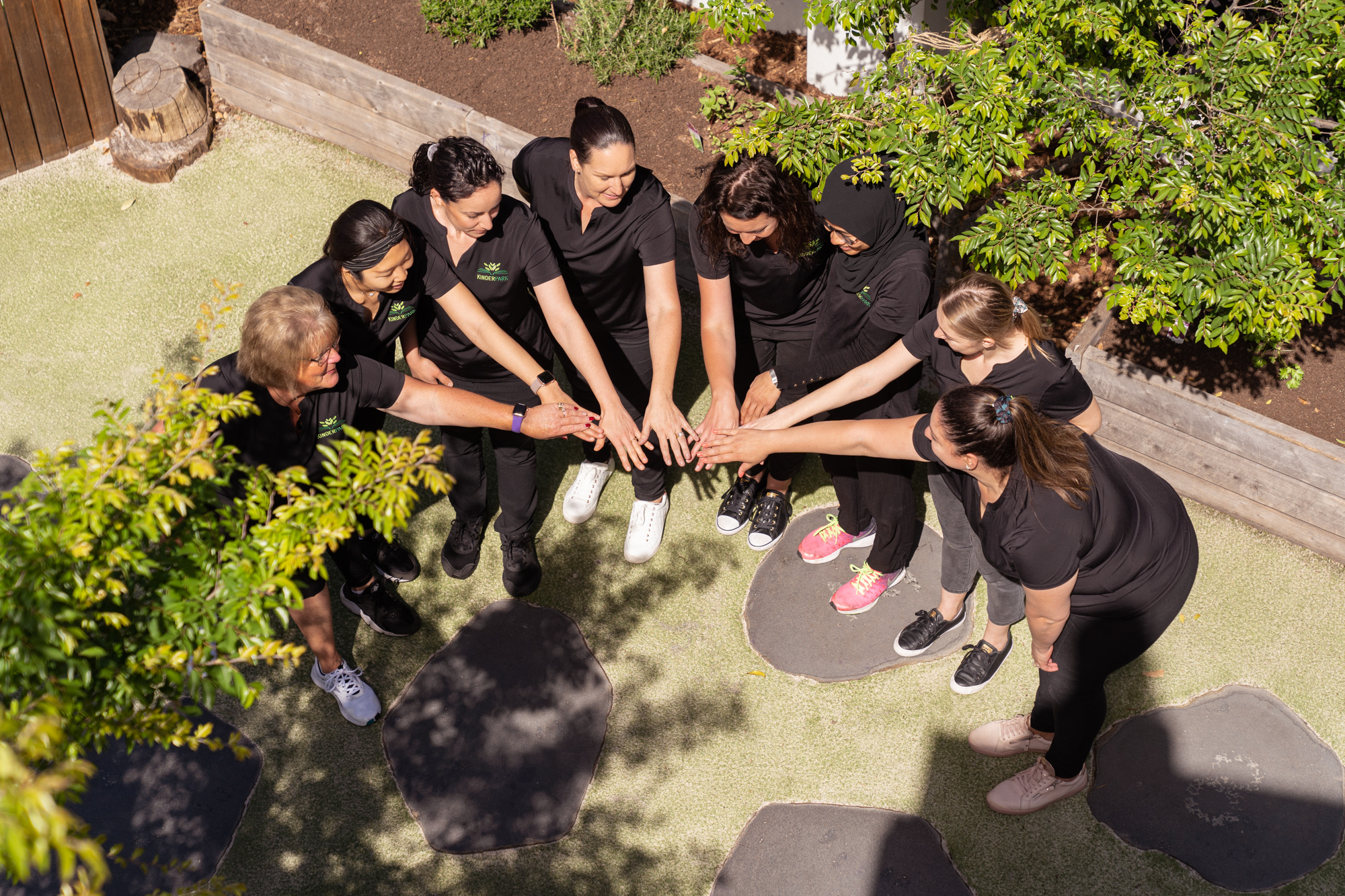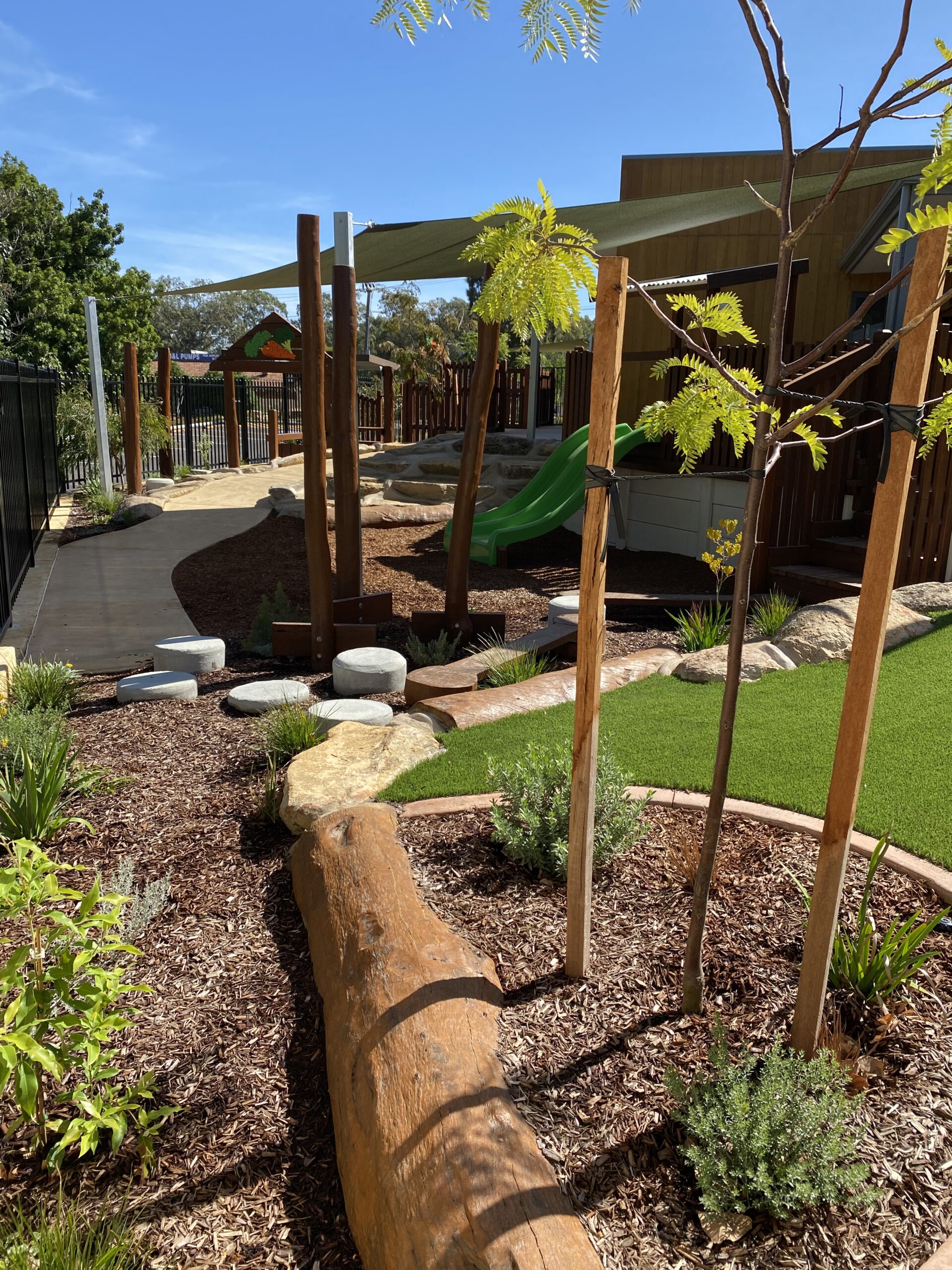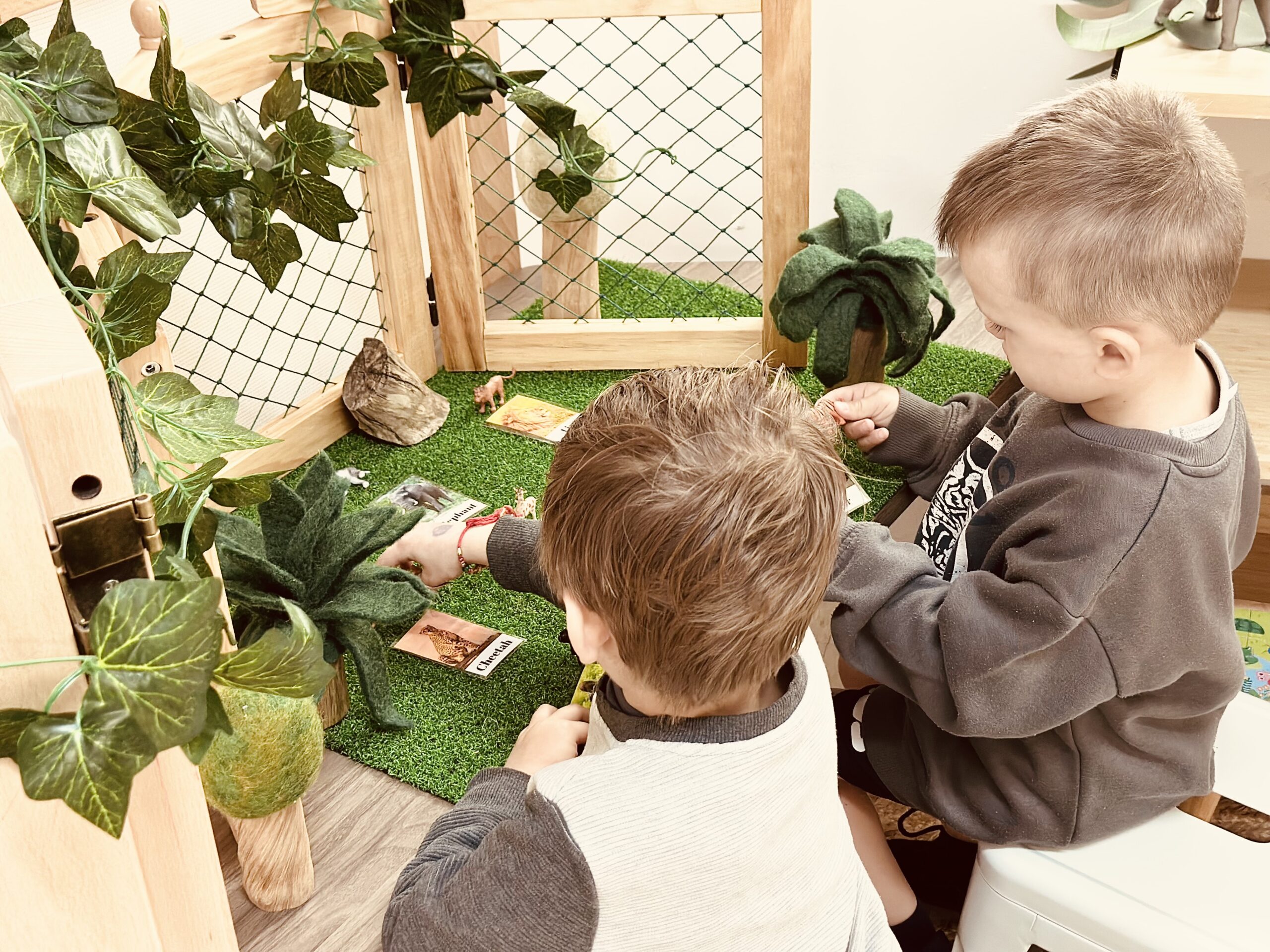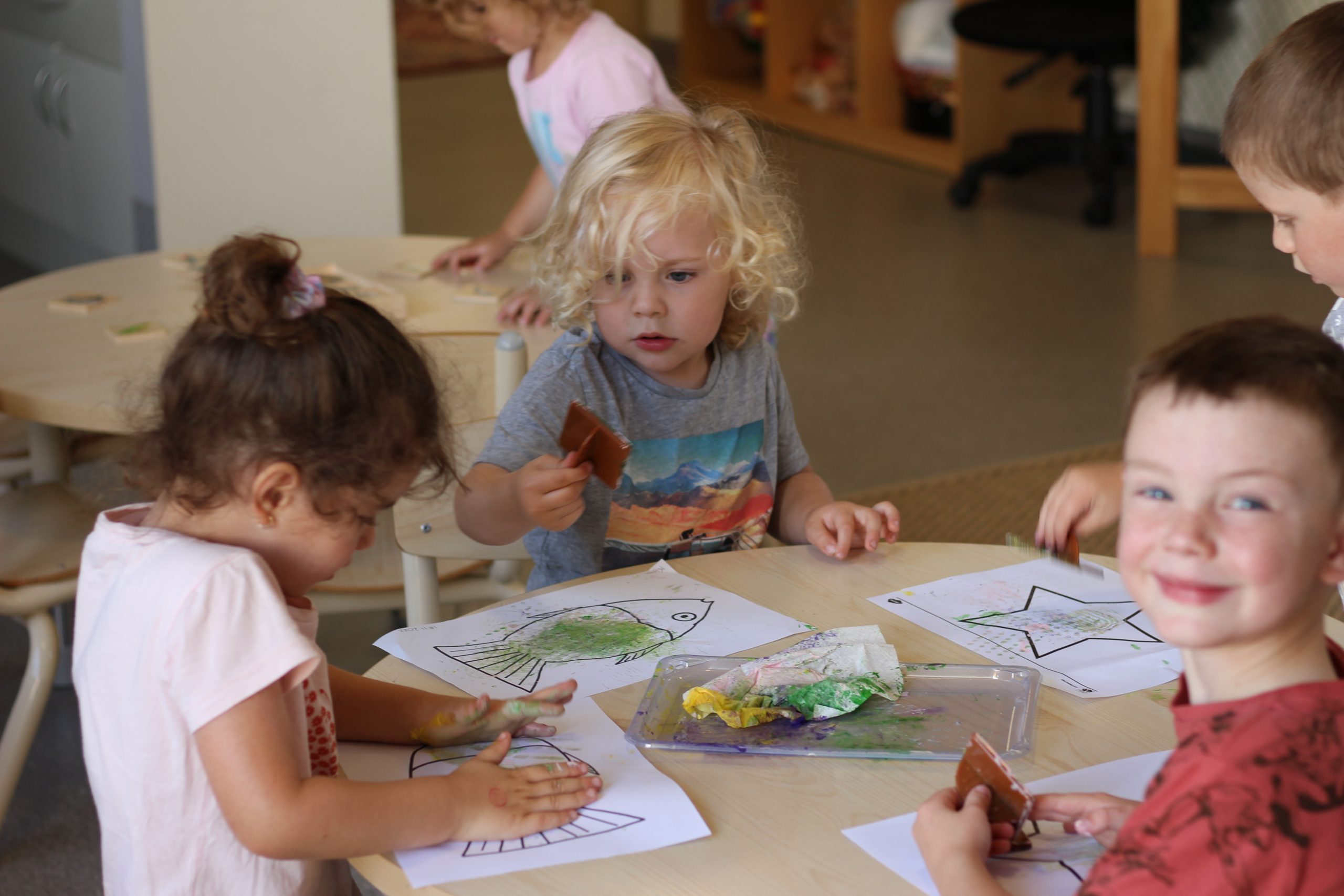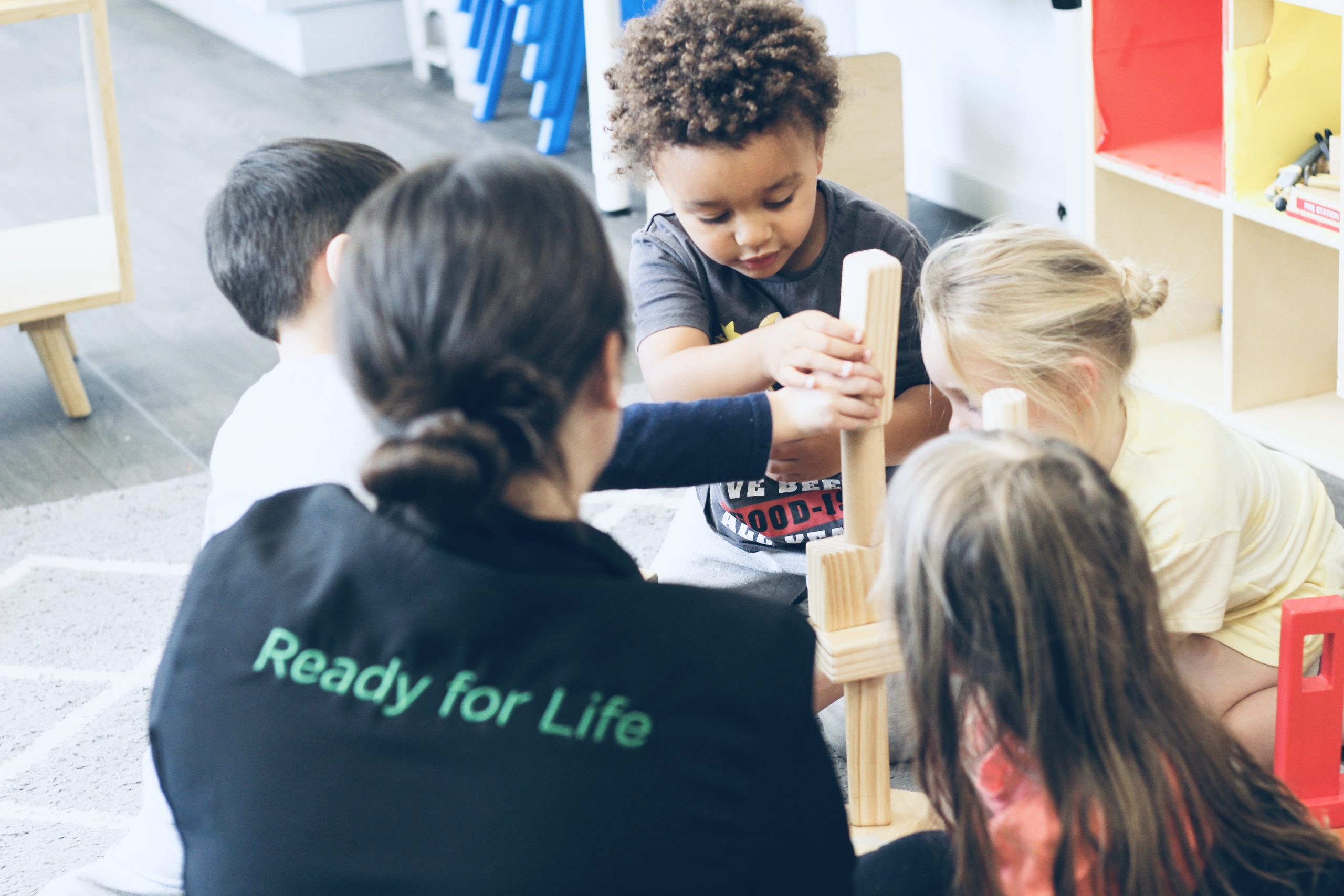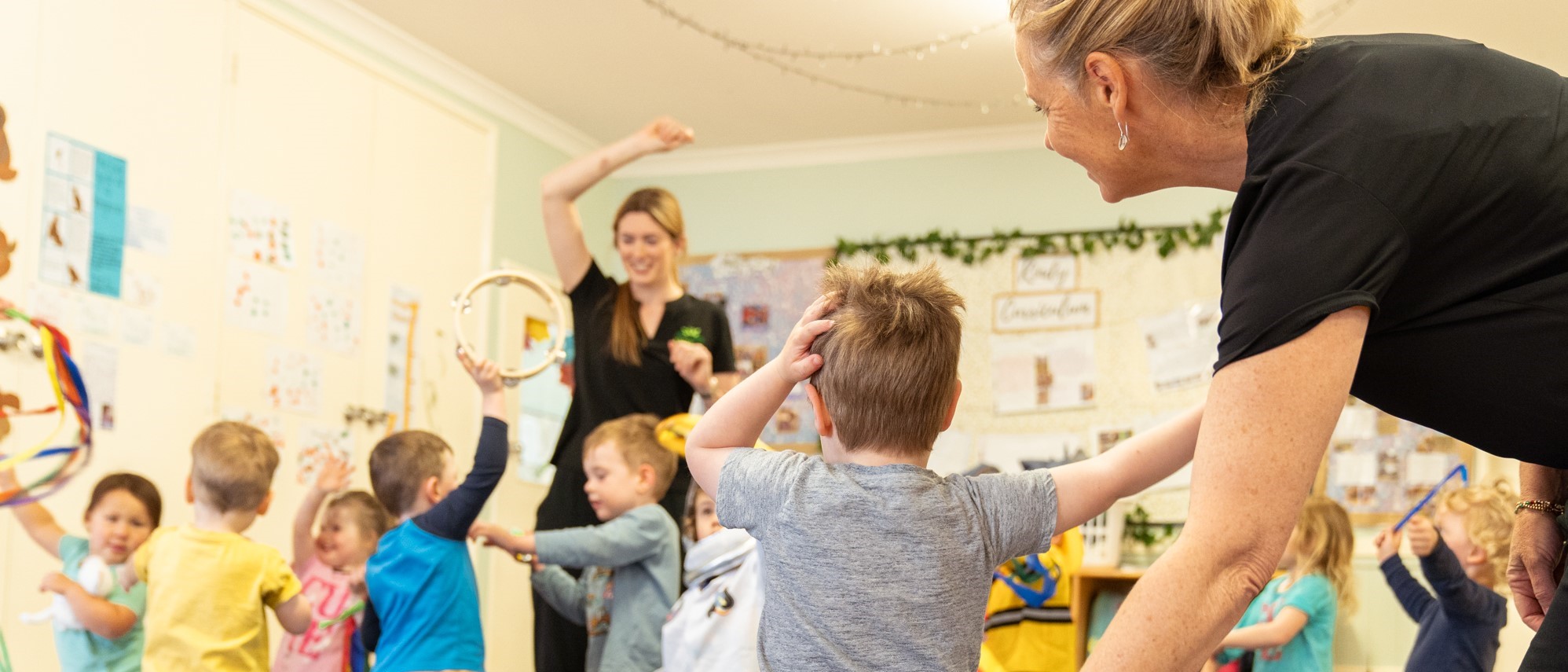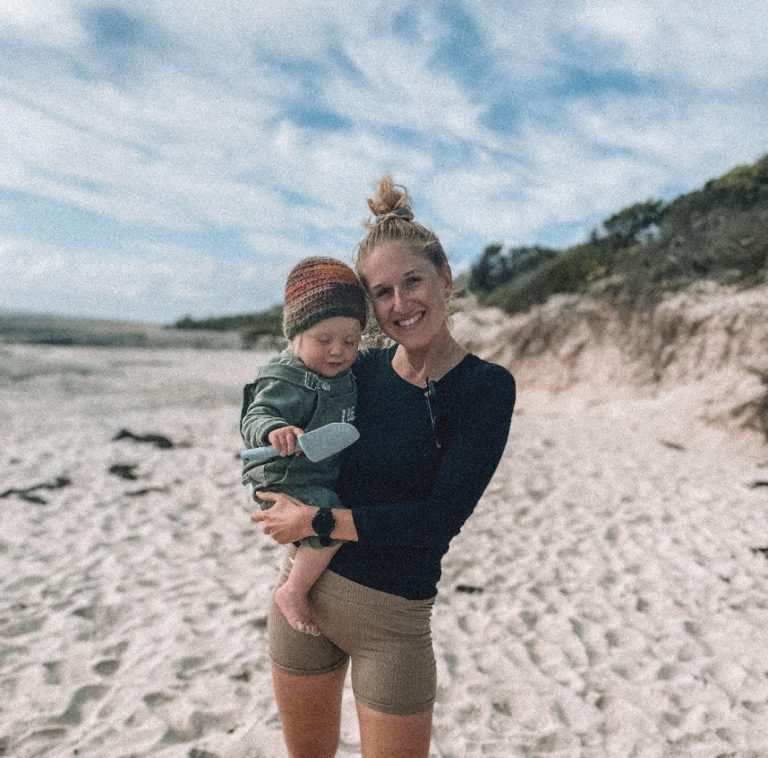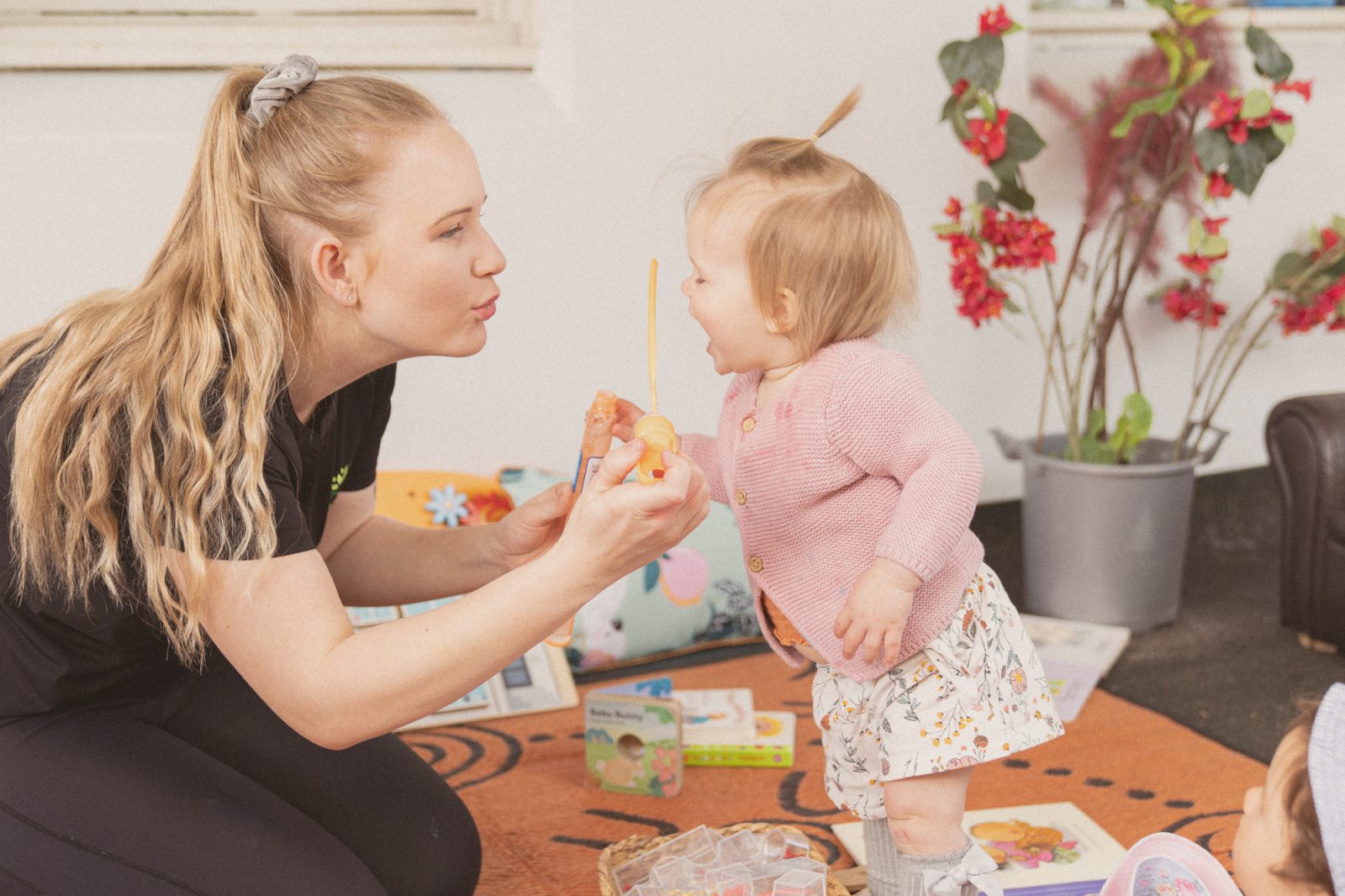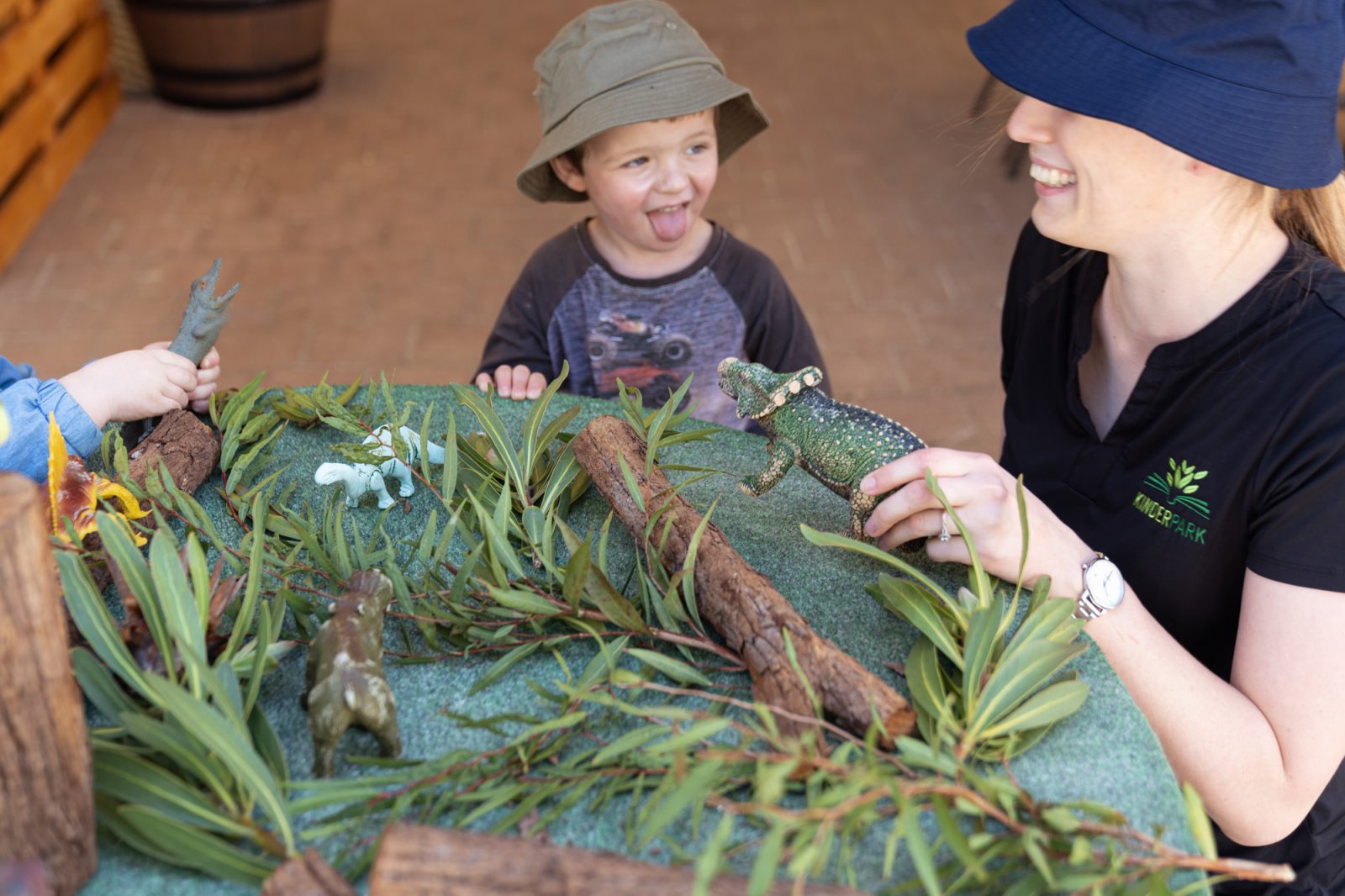If so, my next question is have you considered KinderPark?
As Early Childhood Educators we should all know that we make a supreme difference in a child’s early years and, ultimately, a significant difference in their lives. We should be proud of this! More than 1.3 million children across Australia are utilising approved Early Learning Services; so, we are in strong demand! The number of service providers continues to grow annually, and the demand for early childhood professionals is expected to remain strong.
This is great news for Educators, the decision is then ‘where’? How do I choose my centre?
When we do family tours, we tell families that they should ‘know’ as soon as they walk in; the parent and the child should get a vibe and a comforting feel for the centre when they enter.
Well, so should Co-workers!! They should also have that gut feeling that ‘this is the place for me’. That’s what we strive to achieve. Our aim is to create a culture where the team feel that they can be themselves, they can be unique and that they are heard.
When you come to our centres not only do you spend the day with children, you also work side by side with likeminded, dedicated Co-workers. You share in camaraderie and make lifelong friendships.
You also build trusting relationships with the children and families, helping to relieve parent anxiety when children are away for extended periods of time. There can’t be anything more rewarding than seeing the pride and a sense of achievement on a child’s face when they see their hard work come through. Those funny moments that break up the day. Anyone who has spent time with children knows they can come out with some hilarious statements and questions; like “why don’t elephants have wings”? or “why do we call the moon the moon”?
Essentially Educators play a pivotal role in helping children master new skills as well as develop resilience, well-being, and a foundation for lifelong learning. We forever evolve as we cross paths with a wide range of personalities, learning styles and behavioural traits encouraging us to develop new strategies, ideas, and approaches.
The word evolve is key; there are ways to ‘earn while you learn’, this means that you can obtain nationally recognised qualifications while working in the sector to gain valuable experience. Opportunities to complete your certificate III, your diploma and potentially even your bachelor’s degree; there is so much to explore. We can help and support you to achieve this! You deserve the opportunity to do meaningful and satisfying work. Do what you love.
I circle back to the original question; Have you considered KinderPark?

